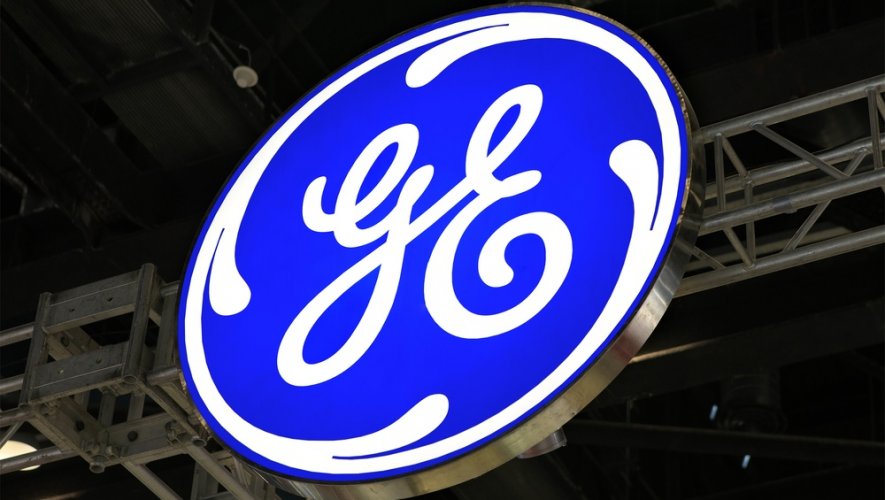The Kansas Insurance Department has released a statement disputing recent fraud allegations against the long-term care reinsurance business of General Electric (GE), which it says may have overlooked key considerations.
 “After initial review, components of this particular report appear fairly simplistic in nature and don’t appear to incorporate certain technical reserve considerations,” the regulator said yesterday.
“After initial review, components of this particular report appear fairly simplistic in nature and don’t appear to incorporate certain technical reserve considerations,” the regulator said yesterday.
The report, which was led by prominent financial investigator Harry Markopolos, claims to have uncovered fraudulent accounting and reserving practices in GE’s reinsurance unit that have left the company “on the verge of insolvency.”
Markopolos said that his 7-month probe into the business had exposed at least $38 billion of fraud dating back to as early as 1995, and would likely result in the company filing for bankruptcy.
The allegations, outlined in a 175-page report, caused GE stocks to tumble by 11% last week in their biggest drop since April 2008.
However, the stock regained about 0.8% following the recent statement by the Kansas Insurance Department, which regulates GE’s reinsurance business, and which appears to lend little credence to the report.
Suspicion was also raised after Markopolos disclosed that he had undertaken the investigation on behalf of an unidentified hedge fund, and the regulator drew particular attention to sections of the report that suggest a monetary gain for the authors as the value of GE securities fall.
For example, the authors received compensation for allowing the hedge fund to review an advanced copy of the report. The value of this compensation was based on the entity’s position in the securities, derivatives and other financial instruments of GE, which was designed to generate profits should the price of GE securities decrease.
Similarly, members of the company behind the report were identified as holding financial interests in GE that would generate profits as the price of GE securities fell, and submissions to U.S whistleblower programs were also acknowledged as potential sources of profit.
GE’s Chairman and CEO, Lawrence Culp, likewise accused the report of “market manipulation” and said that it “contains false statements of fact” that “could have been corrected if [Markopolos] had checked them with GE before publishing the report.”
Culp added that Markopolos never spoke to company officials during his investigation, suggesting “he is not interested in accurate financial analysis, but solely in generating downward volatility in GE stock so that he and his undisclosed hedge fund partner can personally profit.”
Despite these counter-accusations, Markopolos’s report continues to be taken seriously due to his recognised track record in exposing fraudulent operations at massive financial institutions.
Most famously, Markopolos uncovered irregularities in the investment strategy of Bernie Madoff years before the Ponzi scheme was exposed. More recently, he helped to identify a foreign currency trading scandal at a group of banks.
“GE has been running a decades long accounting fraud by only providing top line revenue and bottom line profits for its business units and getting away with leaving out cost of goods sold, SG&A, R&D and corporate overhead allocations,” his report claimed.
“This is my accounting fraud team’s ninth insurance fraud case in the past nine years and it’s the biggest … In fact, GE’s $38 Billion in accounting fraud amounts to over 40% of GE’s market capitalization, making it far more serious than either the Enron or WorldCom accounting frauds.”
The allegations centre around GE’s long-term care reinsurance business, which pays for end-of-life costs such as nursing homes or assisted living, and which have historically been a fairly costly and unpredictable section of the market.
Markopolos claims that GE is hiding massive losses that will only increase as policyholders grow older, and alleges that the company has filed false statements to regulators on the unit.
However, analysts at Goldman Sachs have reported that in their view GE’s reserves “compare favourably to peers” in the re/insurance industry and said that the financial metrics targeted by Markopolos are in line with market standards.
“Going deeper into the peer group we find that GE’s reserve levels compare favorably to peers,” said analyst Alex Scott, “though we find this rational as GE’s policies have more aggressive features.”
On the other hand, analysts at Fitch Ratings today released a report on the long-term care market that identified GE as one of the four insurers with the highest exposure and lowest reserve adequacy.
The report highlighted that long-term care policies are among the riskiest for insurers because of their volatile performance, high reserve and statutory capital requirements, and heightened exposure to interest-rate-related risks.
“Exposure to the long-term care market remains a plague,” said Anthony Beato, Director of Insurance at Fitch Ratings. “It continues to be a risky product despite the adoption of more conservative reserving philosophies that more closely align to its volatile liabilities.”
It should be noted that, while this analysis contrasts with the view of the Kansas regulator and Goldman Sachs, Fitch does not rate GE and thus its report is based only on publicly available information.
For his part, Markopolos has stated that his findings are likely to be “merely the tip of the iceberg,” adding that certain information was given to law enforcement only, and not included in the public report.
It therefore remains to be seen how credible the allegations are, and updates will be provided as more information emerges regarding the investigation.


